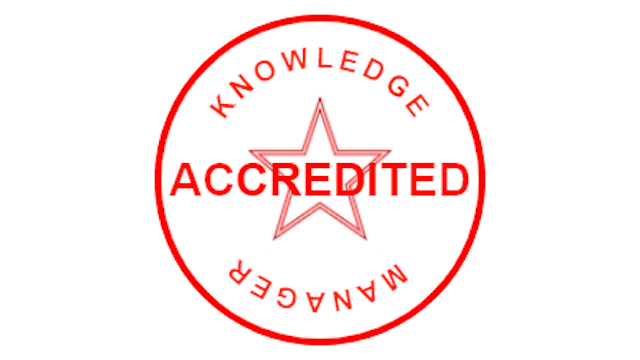
The case for professional accreditation of KM
This article is a follow-up to Bruce Boyes’ recent article on whether education, or skills and experience are more important for knowledge managers, and part of a series on education and professional accreditation for knowledge managers.
Why don’t the acknowledged top influencers on knowledge management (KM) hold qualifications? In his article Bruce writes:
… despite the desirability of having a mesh of both qualifications and experience, my subsequent back-of-envelope analysis shows that the majority of top knowledge managers appear to have no relevant KM qualifications at all, with their qualifications instead being in other fields. For this analysis, I looked at the four individuals from the top five in the 2013 MindTouch list of 100 top 100 KM influencers – David Gurteen, Dave Snowden, Stan Garfield, and Nancy White. All four are well-known thought leaders in the KM community and have very considerable experience, but from their LinkedIn profiles, none has relevant KM qualifications.
The biggest reason for these significant figures having a lack of knowledge management qualifications, of course, is that (especially for Snowden) they were innovating as they went. The very concept of knowledge management as a discipline was still being constructed then, with seminal works including Nonaka’s SECI (1994), Snowden’s Cynefin (1999), Firestone and McIlroy’s 3 tier KM (2005), and Gurteen’s Knowledge Cafes (2008). It’s hard to be accredited in what you’re inventing!
I think we can’t separate this conversation from how a profession originates, and we have to look to history for examples.
- Universities were initially created to impart expertise in a specific topic of instruction that was sought after by employers, such as Roman Law. With reputation associated to study at the institution, this centralised knowledge distribution and quality control.
- The UK Royal Society was set up because people agreed to work together by following a common method and share their findings. This relied upon a physical community of peers who attained status and acknowledgement of expertise through mutual acclaim (and not a small degree of politics).
- Guilds, on the other hand, jealously guarded their knowledge and only shared secrets with those who agreed to similarly protect what they were taught, with the side-effect of ensuring greater consistency of knowledge application within the group. However, members of each level (apprentice, journeyman, master) were generally recognised as having equal status upon attaining that status regardless of where they learnt their skills.
- Academies were set up to address specific needs of an organisation or country, such as the Royal Military Academy. These qualifications were generally tied to the organisation sponsoring your study (so you didn’t become a commissioned officer of another army when you graduated!), although the skills were recognised as being transferable to some degree.
As universities became experts in defining and applying pedagogical methods, this led to a further bifurcation where professional associations were set up to safeguard the proper application of knowledge, but outsourced the teaching of this knowledge to accredited universities and institutions. This doesn’t address a significant chicken-and-egg problem though: how do you permit membership of the people who have done the work of creating the knowledge that underpins the profession in the first place?
Interestingly enough, this question has already been addressed a number of times in the past. The Medical Act 1858 in the UK was designed to restrict who could call themselves a “doctor” after the proliferation of quacks in the 19th century. The legislation provides two ways to bootstrap the medical profession:
- Being a Fellow, Licentiate, or Extra Licentiate of a Royal College of Physicians in England, Scotland, or Ireland
- Signing of a declaration of being a medical practitioner prior to the date of enactment (on penalty of jail time for a false declaration)
With no prospect of a legislative decree, the second option remains off-limits to knowledge management for now.
However, it can and should be an option for the KM profession to create the position of “Fellow” or similar within a KM body. The title of “Fellow” would act as a de jure statement of accreditation in knowledge management that can bootstrap membership, while providing a critical mass of experts that can work towards consensus of what qualities a capable KM person should hold.
What could this look like in practice?
- Phase 1. Fellowship is granted by vote of a simple majority or super-majority (60%) of members, based on peer acclamation of expertise. Payment of an application fee by fellows would help to build the financial resources necessary for further development of the professional association.
- Phase 2. Once the core fellowship group is established, the group votes on an examination process that can fairly allow assessment of an applicant’s education and experience in relevant KM topics by a subset of fellows. This is necessary to prevent the process of expanding fellowship from becoming unduly onerous. Associate membership is now allowed without examination of competency.
- Phase 3. Work is done on developing a common curriculum or body of knowledge for KM, which (over time) becomes the primary basis for assessing competency. Universities are encouraged to benchmark tertiary education against this standard, but no formal accreditation is performed. A person with a relevant tertiary qualification but no experience at this point may be admitted as a full Member on presentation of evidence of completion of a course that is judged to be broadly aligned to the competency standards expected.
- Phase 4. With a mature standard for establishing competency, a full accreditation process is launched. Completion of a suitable tertiary education becomes the only way to achieve accreditation in KM. At this point, Membership is only permitted only a person obtains qualification from an accredited institution.
Throughout this process, founding fellows and members retain their association status, even if they don’t meet the qualification requirements under the new system. This is typical of any association increasing its professionalisation standards.
Needless to say, this whole process will take time. Indeed in all probability, it is likely to be several decades of effort! However, I don’t see this as an excuse for inaction, but quite the reverse – it is critical that we continue this conversation on accreditation and work to create momentum now.
Header image source: created with My Stamp Maker, CC BY-NC-SA 4.0.

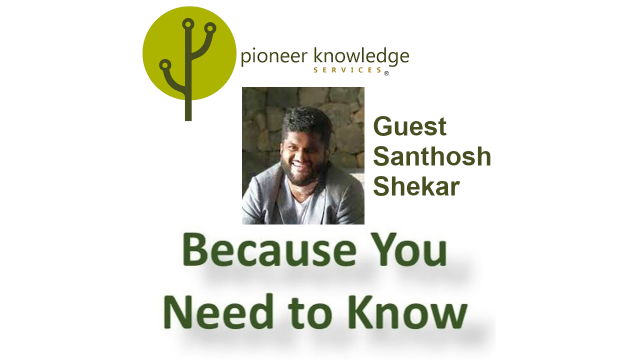
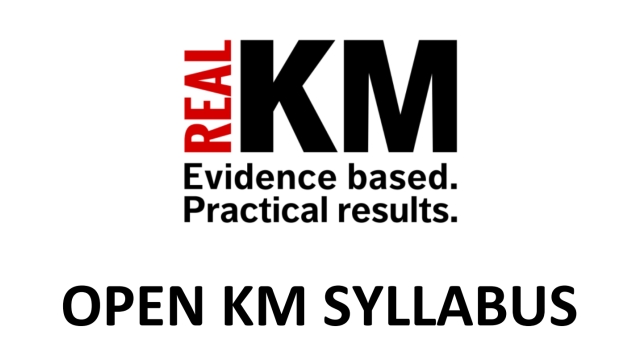
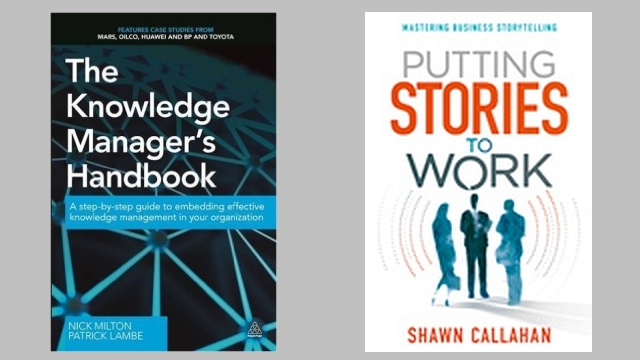
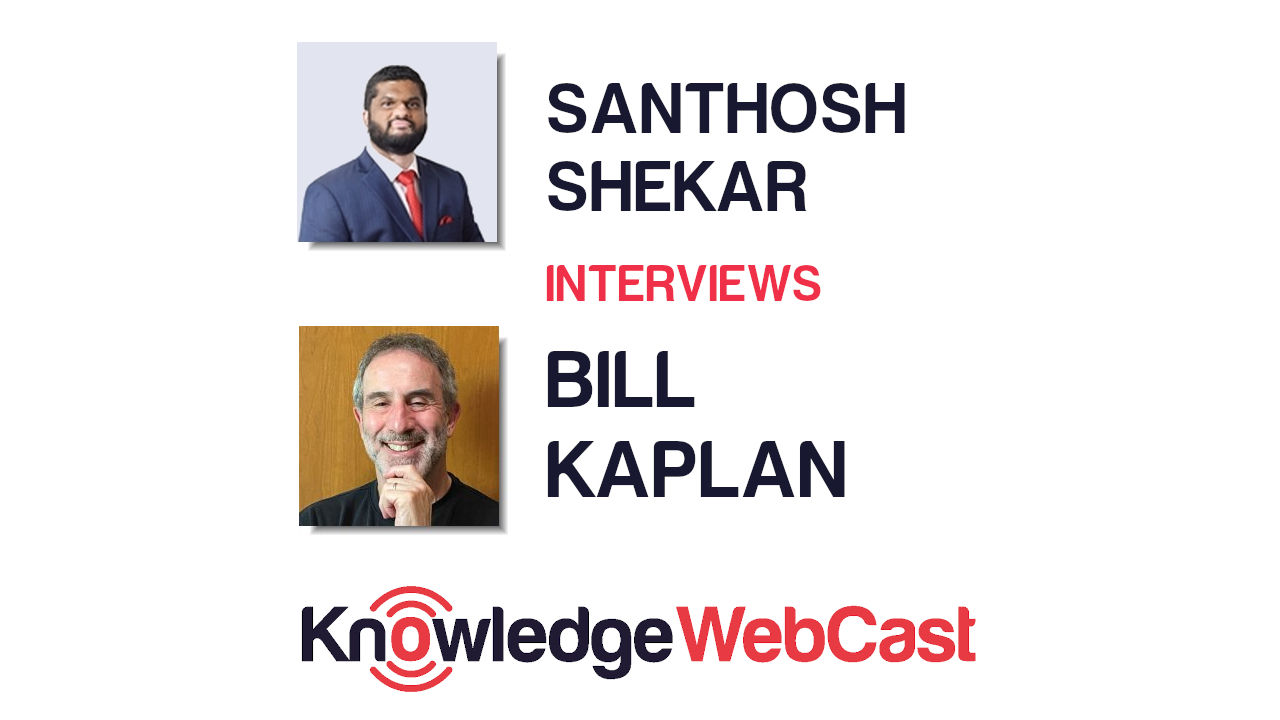

Thank you Stephen (and Bruce for earlier related article),
This is a BIG challenge and an important conversation for the “Knowledge Profession”. There are many “knowledge professionals” across a huge eclectic mix of disciplines, making it hard to clearly and concisely define what a Knowledge Professionsl actually is. This in turn makes it difficult to design and implement an accreditation scheme to measure “compliance” to the definition requirements. The question is,how does ANY person make quality decisions without knowledge? (Badly is the usual answer, excluding serendipity)
Without accreditation, how do stakeholders know who to ask for help – who is competent in the area of knowledge they need?
With accreditation, how todo you ensure it is comprehensive enough to include ALL aspects of relevant capabilities across our very interdisciplinary scope of interests/influence?
This will be one of the exciting challenges of cocreating and connecting our International Knowledge Society (very soon!)
Hi Arthur,
Funnily enough, these challenges directly relate to the OpenKM initiative which is also available as part of RealKM.
I’ve just finished publishing a proposed list of KM roles, attempting to segregate strategic and architectural knowledge responsibilities from more operational KM concerns. Also has the benefit of providing a career path for people interested in KM. View them here.
And of course, the whole point of the OpenKM syllabus is an attempt to come to a consensus on important core competencies which all knowledge professionals should hold, as much to bulid confidence among the people who want to employ us as for consistency of professional standards.